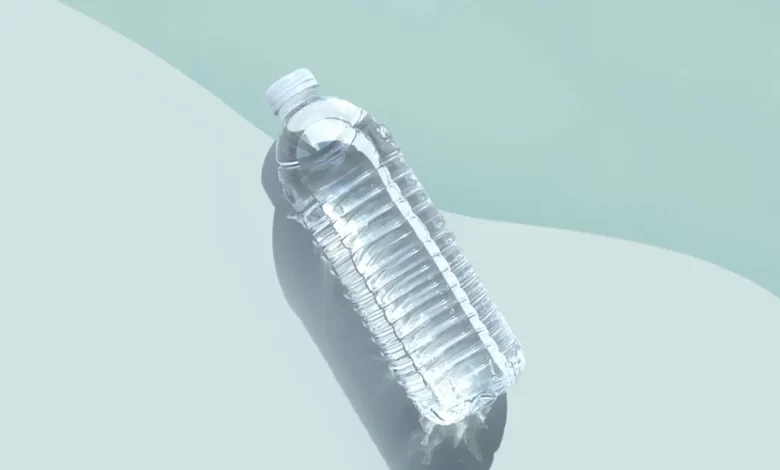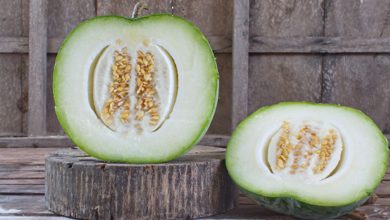Here Are 8 Types Of Water And Their Pros And Cons

The earth’s surface is 71% water. While 97% is found in seas and oceans, only 3% is fresh water. Of this 3%, 79% is found in glaciers and ice caps, 29% in groundwater, and 1% as surface water. So of the total, less than 1% is drinkable and available for human consumption, found on the surface and in underground aquifers.
Water is an essential element of life and a daily part of our routine. As such, we need to know what can be considered safe for us to drink. In this article, we’ll look at the types of water that are commonly available in the market and what each can offer you as far as health benefits go.
Different Types of Water
1. Tap Water
The two types of water that you need to keep track of and be aware of are filtered water, which is treated at home using drinking water purifiers and distillation, and unfiltered water that you get from your faucet (this is usually referred to as tap water). Unfiltered water can contain chemicals, bacteria or pathogens which could make you sick.
2. Mineral Water
Mineral water is one of the most popular bottled waters in the world, and it is also one of the more expensive ones. Most mineral water is taken from underground sources, where it naturally contains high levels of minerals including calcium and magnesium, which are good for your health. Mineral water has a low PH balance and can help cleanse the digestive system
3. Packaged Drinking Water/Bottled water
Packaged drinking water is treated water that has been produced in a water treatment plant and sealed in plastic bottles or pouches. It is treated with technologies such as filtration, reverse osmosis, UV and ozone to improve the physical and chemical characteristics of the raw water before it is packaged. Calcium and magnesium salts are added to make it “mineral water” in some cases. With this type of water, there are often lacunae in treatment processes and handling/distribution of the product that can affect its microbial safety. Exposure of this product to sunlight may also cause chemical reactions which result in toxic by-products harming those who consume packaged drinking water.
4. Spring Water Or Glacier Water
Water can be sourced from springs and glaciers, which is generally clean and free from toxins. In some cases, depending on the spring or glacier it is collected from, the water might even be infused with vital minerals. Depending on where you get your spring or glacier water from, it might be expensive.
5. Well Water
Well water is extracted from the ground by drilling a well on the location of a natural underground reservoir. The water typically filters through layers of sand, silt and gravel before reaching the reservoir. Wells are used primarily in rural areas where public water utilities are unable to provide adequate services.
6. Distilled Water
Distilled water is the purest form of water that can be obtained. It is free of any contaminants and thus considered to be the safest type of water. The only downside to distilled water is that it tends to have very little mineral content and may not contain healthy minerals such as calcium and magnesium.
7. Hard Water
Hard water is caused when the water has a high mineral content. This can happen when water percolates through several layers of limestone, chalk, and even gypsum which are high in calcium, magnesium carbonates, bicarbonates, and sulphates. Another reason for increased hardness in some areas is the depleting level of groundwater due to over-extraction.
8. Alkaline Water
While it goes without saying that you shouldn’t drink acidic water, many people have the idea that drinking alkaline water can help neutralize the acid in the body, which can then help slow the ageing process and even prevent cancers. However, there is very little scientific evidence to showcase that alkaline water has these many health benefits with the help of water ro.
Read More About Newsstary.





